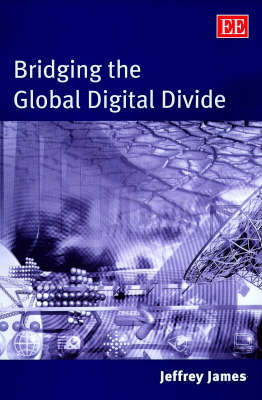According to many observers, the global digital divide - the extent to which information technology is benefiting developed as opposed to developing countries - has already established itself as the single most pervasive theme of the twenty-first century. The purpose of this book is to explore some of the ways in which this divide can be overcome both within and between nations.Employing a rigorous analytical framework, the author bases his analysis on the concept of international technological dualism. He argues that one possible solution to the problem is the availability of affordable technologies, such as low-cost computers, which are specifically designed for the income levels and socio-economic conditions of developing countries. He also emphasises that the most important aim of any policy measure should be to provide universal access to information technologies, rather than individual ownership. Depending on whether or not this divide can be bridged will, to a large degree, determine whether developing countries are able to attain higher levels of productivity, prosperity and global integration.
Development economists, international policymakers and NGOs will all welcome the book's emphasis on various low cost technologies and their application in communal settings in the developing world. The non-technical nature of this volume will also make it accessible to a broader audience who wish to understand ways of alleviating this critical problem which has the potential to become even more acute as new and ever more complex technologies emerge.
- ISBN10 1843762064
- ISBN13 9781843762065
- Publish Date 28 April 2003 (first published 1 January 2003)
- Publish Status Active
- Publish Country GB
- Imprint Edward Elgar Publishing Ltd
- Format Hardcover
- Pages 160
- Language English
